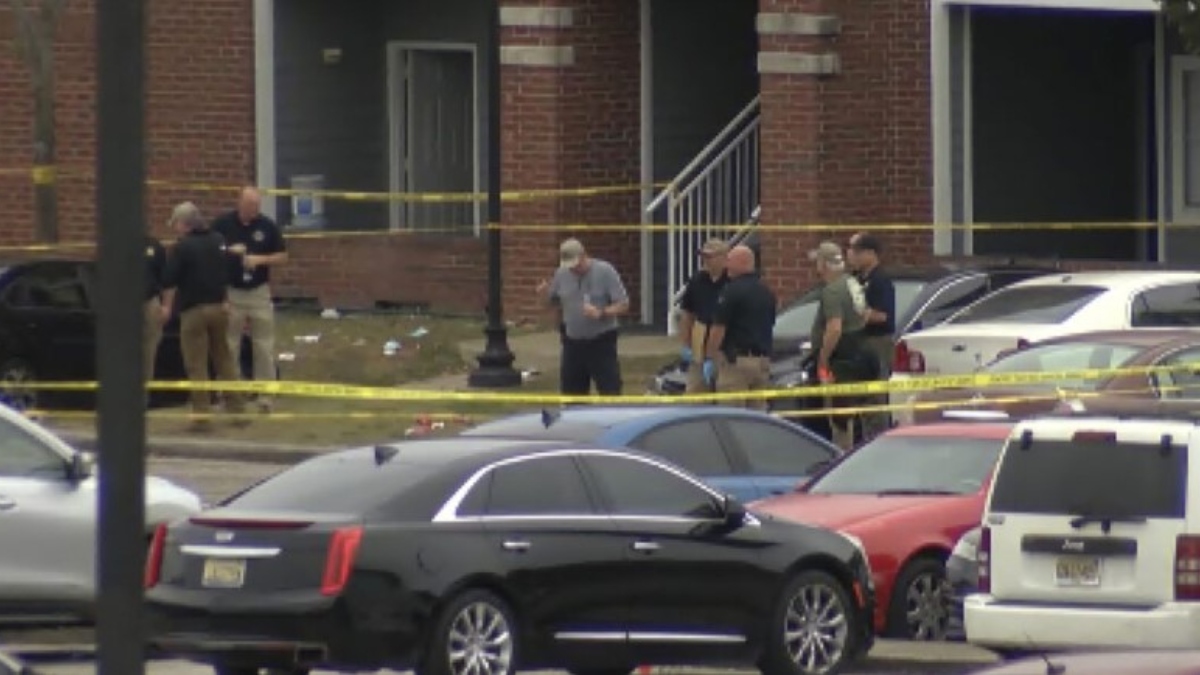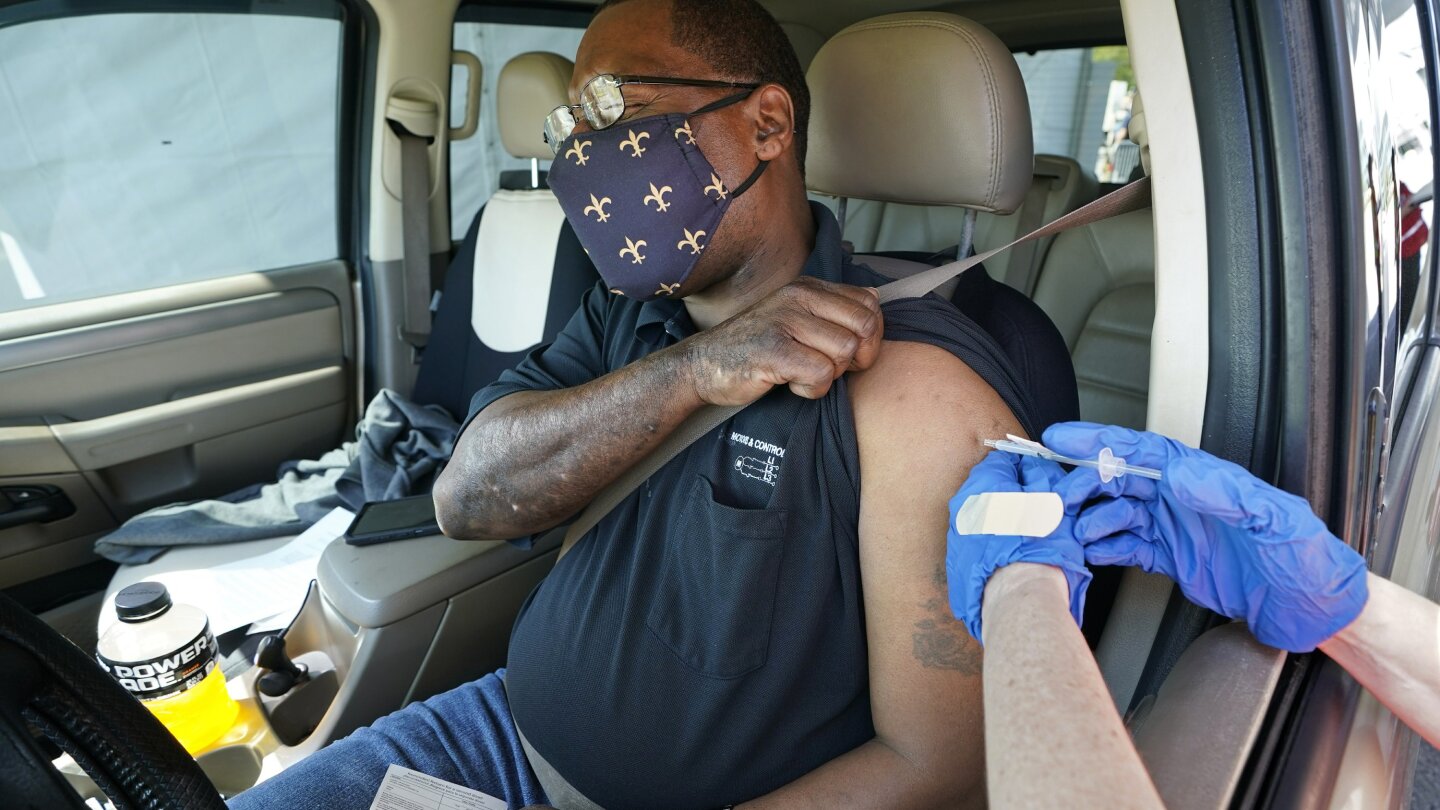
Decades later, infamous Tuskegee syphilis study stirs wariness in Black community over COVID-19 vaccine
LA TimesOmar Neal often thinks back on the calculated betrayal of hundreds of Black men and how it still shapes so much about this rural Alabama community. “There are historical trust issues due to failed and lack of research integrity in the past with such studies as the Tuskegee,” said Martha Dawson, president of the National Black Nurses Assn., who is based in Birmingham, Ala. “We still remember these cases and acknowledge the egregious behavior of the government and scientists.” Here, as in much of the country, rollout of the vaccine in predominately Black communities — both urban and rural — has lagged behind other areas in the state. “For a long time I was the only voice that they had.” — Fred Gray, 90, who was also counsel to Rosa Parks after her arrest in Montgomery Many Black healthcare workers have already been vaccinated, including the first person in the nation to receive the vaccine in mid-December — a Black nurse who said she hoped to inspire others who look like her who might be skeptical of government-advocated vaccines. “Like with anything,” she said, “it’s always good to do your own research.” Janie Holmes holds a photo of her great-grandfather Alex Ware, who was a victim in the Tuskegee syphilis study. The study, Head believes, should be referred to as the United States Public Health Service Syphilis Study in Tuskegee and Macon County, Ala. “This is a small step,” she said.
History of this topic

AP exposes the Tuskegee Syphilis Study: The 50th Anniversary
Associated Press
How an AP reporter broke the Tuskegee syphilis story
Associated Press
US fund apologises for role in racist Tuskegee syphilis study
Al Jazeera
Tuskegee relatives promote COVID-19 vaccines in ad campaign
Associated Press
It’s not Tuskegee. Current medical racism fuels Black Americans’ vaccine hesitancy
LA Times
In Tuskegee, Painful History Shadows Efforts To Vaccinate African Americans
NPR
Vaccine skepticism lurks in town famous for syphilis study
Associated PressDiscover Related












